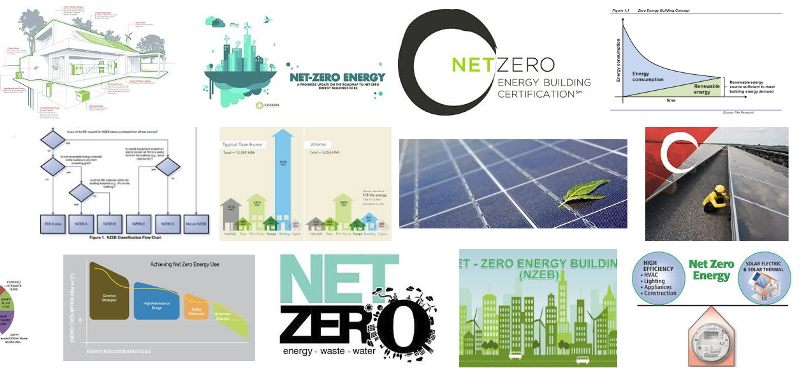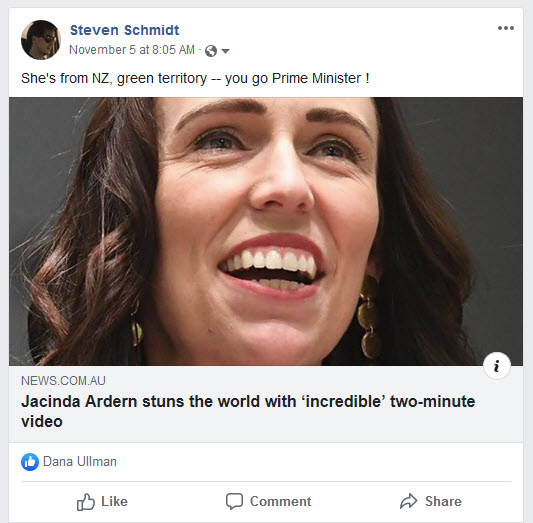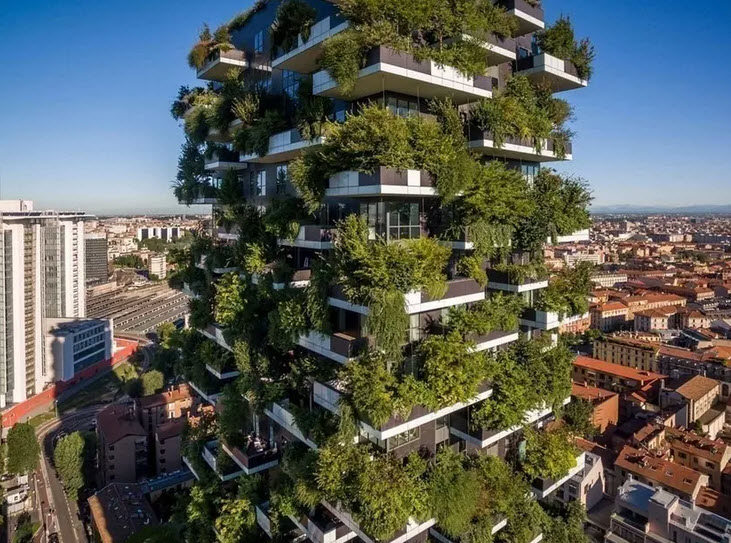Net Zero Energy Policy: Difference between revisions
Siterunner (talk | contribs) No edit summary |
Siterunner (talk | contribs) No edit summary |
||
| Line 115: | Line 115: | ||
| | ||
<font color=green>○ ○ ○ ○ ○ ○ ○ ○ ○ ○</font> <font color=blue>○ ○ ○ ○ ○ ○ ○ ○ ○ </font> | <font color=green>○ ○ ○ ○ ○ ○ ○ ○ ○ ○ ○ ○ ○ ○</font> <font color=blue>○ ○ ○ ○ ○ ○ ○ ○ ○ ○ ○ ○ ○ </font> | ||
Revision as of 15:07, 18 May 2021
Gates vs Mann; Energy Solutions Debate
Toward Net Zero and/or a Renewable Revolution
Opinion Via Techopian
May 2021
Michael Baxter, Editor of Techopian writes that... the Gates approach to climate change is advocating delay — because technology can reverse it all. In a way, he is failing to follow his own advice and advises being lulled into inaction.
In his new book, How to Avoid a Climate Disaster: The Solutions We Have and the Breakthroughs We Need, Bill Gates advocates geoengineering and nuclear...
Bill Gates says one thing about climate change, Michael E Mann, the world-leading climatologist, says something different. The billionaire and expert present solutions to climate change; one of them is right, is the other wrong though, and who do we believe?
Gates is a billionaire; Mann merely an expert. Big bucks are riding on the net-zero approach; by contrast, renewables are efficient and may ultimately lead to super-cheap or even free energy. What are the commercial interests in that? If the source is free to all, it's only the infrastructure that is costly and that covers its own cost in years, not decades.
The billionaire effect will tell. More people will read the Gates book than the Mann book because the cult of the billionaire is what we have today.
Michael Mann suggests that Gates has become an advocate of net-zero or cleantech; that he has adopted the framing of (climate action) delayers, thereby becoming a de facto spokesperson for their cause.
Mann says: "Net zero is a very clever way of saying 'we can continue to put carbon into the atmosphere if we take it out.' ... What we need is a renewable revolution, a revolution that will ultimately lead to cheap energy, which will support developing countries and provide the backbone of technologies that are not currently possible because of the high cost of energy. Instead, we are in danger of going down the net-zero route; the result will be more philanthropist billionaires, but we will be worse off as a society.
Watch Michael Mann in a YouTube interview
Read more
Mann's latest book, The New Climate War: The Fight to Take Back Our Planet, is both optimistic and pessimistic.
GreenPolicy360: Climate action using 'all tools in the toolbox' is at the center of our message. Full speed on pushing for 'clean, renewable energy' everyday, everywhere, individually and 360 system wide. We are all in -- the climate change crisis is our generation's great challenge.
Mann highlights the need for a renewables revolution now and highlights the work of Mark Zachary Jacobson, a California, Stanford University professor of civil and environmental engineering.
Here's Mark Jacobson
○ ○ ○ ○ ○ ○ ○ ○ ○ ○ ○ ○ ○ ○ ○
Going Green @ NetZeroPolicy.com
A Net Zero 'Explainer' from the Associated Press
More than 100 countries — responsible for about two-thirds of the world’s heat-trapping gases — have announced plans to cut their greenhouse gas emissions to “net zero” in coming decades to help curb man-made climate change.
The target has also been embraced by companies, states and cities wanting to help stop the planet from getting too hot for human comfort. China made a splash in September promising “carbon neutrality” by 2060, and U.S. President-elect Joe Biden has promised America would be there by 2050.
Green Energy Action at Every Level
Eco-nomic Policies that move us toward 'Net Zero' Clean Energy and a Renewable Revolution
100 % Feasible? Yes ...
○ ○ ○ ○ ○ ○ ○ ○ ○
Going Beyond Net Zero, a Renewable Energy Revolution
The Challenge of the 21st Century
US Green Building Council Offers Multiple Case Studies & Models
New Zealand jumps out in front ...
- Towards a zero-carbon future: Green Best Practices
○ ○ ○ ○ ○ ○ ○ ○ ○ ○ ○ ○ ○ ○ ○ ○ ○ ○ ○ ○ ○ ○ ○ ○ ○ ○ ○
Going Green, NetZero Today & Tomorrow
A zero-energy building, also known as a zero net energy (ZNE) building, net-zero energy building (NZEB), or net zero building, is a building with zero net energy consumption ...
The total amount of energy used by the building on an annual basis is roughly equal to the amount of renewable energy created on the site.
Net-Zero Buildings Are Catching On
Once a Fringe Idea, Net-Zero Energy Buildings Will Soon Be the Law
"Green Equity" -- Nasdaq provides environmental indexes, tracking the growing clean-energy sector
○
Net Zero Definition
US Department of Energy / National Renewable Energy Laboratory
US Department of Energy / National Institute of Building Sciences
○ ○ ○ ○ ○ ○ ○ ○ ○ ○ ○ ○ ○ ○ ○ ○ ○ ○ ○ ○ ○ ○ ○ ○ ○ ○
As a MediaWiki site, GreenPolicy360 begins with a quick Wikipedia review of ...
'Zero-energy', low-energy, energy conservation, energy transition, and best green energy practices
- • Peak oil
○ ○ ○ ○○ ○ ○ ○ ○ ○ ○ ○ ○ ○ ○ ○ ○ ○ ○ ○○ ○ ○ ○ ○ ○ ○ ○ ○ ○ ○
- ○ ○ ○ ○ ○ ○ ○ ○ ○ ○ ○ ○ ○ ○ ○ ○ ○ ○ ○ ○ ○ ○ ○ ○ ○ ○ ○ ○ ○ ○ ○
California and New Zealand as of 2019 'Out in Front' on Climate and Zero Net Energy Priorities
California out in front in a Green future
New Zealand: 'Role modelling for other countries'
Going Green, beginning in the early days of the modern environmental movement...
"I have a continuing commitment to specific programs and policies that reduce California’s dependence on foreign oil, increase the diversity and resilience of our energy supply and ease the impact of rising energy costs on California...
Making existing buildings more efficient is a large and quickly tapped energy source... New homes and new appliances must be energy efficient and affordable...
Wind energy can help us move away from reliance on oil. California should maintain its leadership in developing energy projects using bio-gas and agricultural wastes.
Solar energy has a wide range of cost-effective applications..."
-- Governor Jerry Brown, 1981 California Clean Energy Plan
○ ○ ○ ○ ○ ○ ○ ○ ○ ○ ○ ○ ○ ○ ○ ○ ○ ○ ○ ○ ○ ○
More on Technology's Solutions as Bill Gates Shares His Vision of a Future Energy Plan
Bill Gates Environmental Math and Getting to Zero CO2
In this video Bill Gates gives his speculation that there will be a massive innovation in energy consumption and energy production. Since this video is only two minutes long, go ahead and watch it now.
He proposes a very simple argument using this formula:
P * S * E * C = CO2
Where:
P = Number of People in the world
S = Services consumed per person
E = Energy consumed per service
C = CO2 Produced per unit energy.
CO2 = Total Global CO2 Production
○
GreenPolicy360 Best Practices
GreenPolicy360 (.com/.net/.org, GreenLinks and associated social media sites) is an an online network of green best practices.
GreenPolicy360's online eOS expands best practice business concepts to distributive web sharing of successful green policies and practices.
Successful green models of initiatives, resolutions/laws/ordinances, data and project information is gathered and organized via keywords/categories/topics and locations.
Green best practices are easily searched, shared and networked.
○
- Best Practices
- Best practice system
- Building Standards
- California
- City Governments
- Climate Policy
- Eco-nomics
- Ecology Studies
- Education
- EOS eco Operating System
- Energy
- Environmental Security, National Security
- Green Politics
- LEED
- New Zealand
- Planet Citizen
- Renewable Energy
- Resilience
- Solar Energy
- Sustainability Policies










